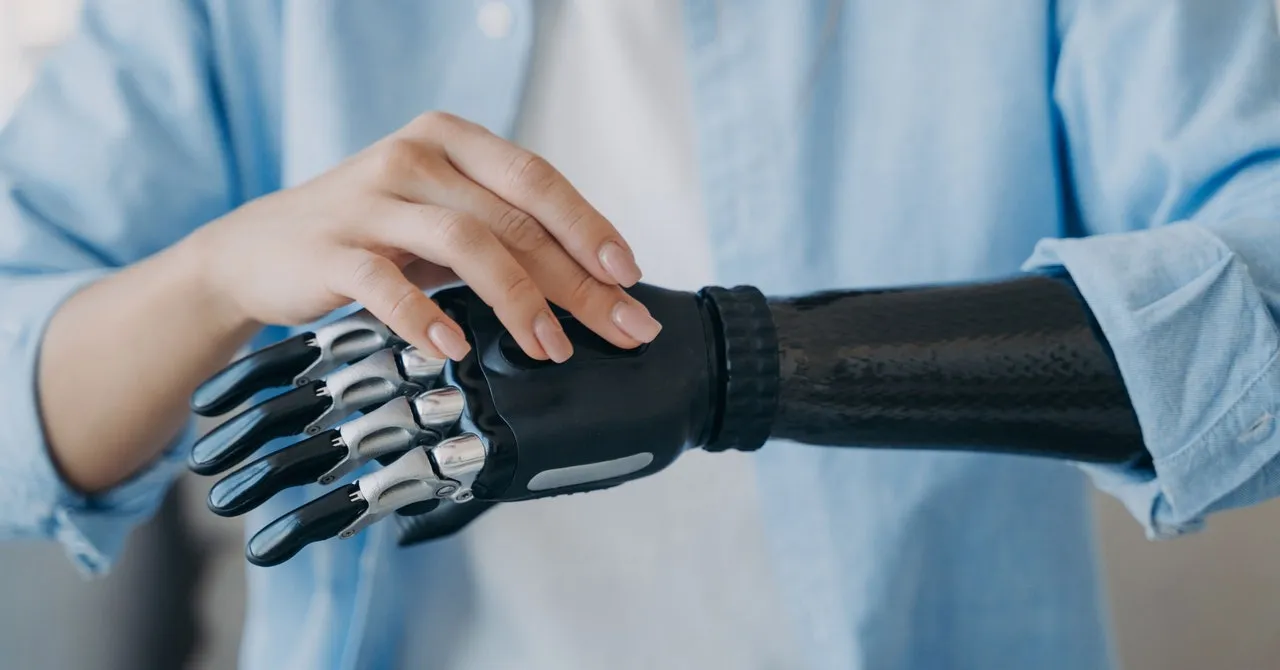Neuroscience Innovations: Neuralink's Brain-Computer Interface for Robotic Control

Neuroscience and the Future of Medicine
Neuroscience continues to lead the charge in modern medicine, as Neuralink, founded by Elon Musk, prepares for an exciting new study. The firm recently announced it is launching a feasibility trial to explore the use of its brain-computer interface (BCI) implant for controlling a robotic arm with thought alone. The N1 implant, a coin-sized device surgically inserted into the brain, represents a significant leap forward in neural technology.
What Are Brain-Computer Interfaces?
A brain-computer interface allows direct communication between the brain and external devices by interpreting neural signals. Neuralink's innovative wireless BCI development aims to provide individuals with paralysis the ability to perform tasks through thought.
- Previous successes have demonstrated robotic arm control using BCIs in research settings.
- Neuralink's N1 implant could redefine possibilities for patients lacking mobility.
Pioneering Clinical Trials
The upcoming trials are built upon previous studies, where individuals regained significant control over robotic limbs, allowing them to carry out daily functions. Neuralink showcased the potential of its devices through user experiences shared on social media—successfully allowing patients like Noland Arbaugh to play games using only their thoughts.
- Neuralink plans to cross-enroll participants from the ongoing PRIME Study.
- Challenges remain in calibration and technical issues experienced by participants.
- Research highlights the significance of BCI advancements in supporting neurological health.
The Impact of BCI on Neurological Disorders
The implications of these studies extend beyond individual enhancement; they represent hope for those facing debilitating conditions. As stated by industry leaders, advancements in neural technology bridge the gap for individuals requiring assistive devices and highlight the evolving landscape of medicine.
Disclaimer: The information provided on this site is for informational purposes only and is not intended as medical advice. We are not responsible for any actions taken based on the content of this site. Always consult a qualified healthcare provider for medical advice, diagnosis, and treatment. We source our news from reputable sources and provide links to the original articles. We do not endorse or assume responsibility for the accuracy of the information contained in external sources.
This article was prepared using information from open sources in accordance with the principles of Ethical Policy. The editorial team is not responsible for absolute accuracy, as it relies on data from the sources referenced.